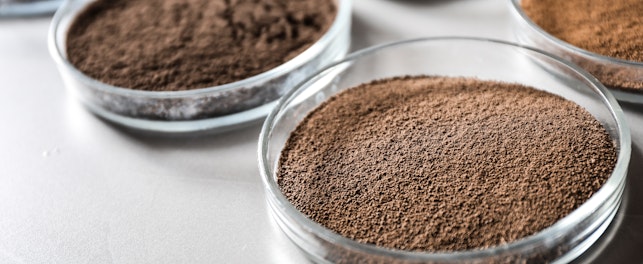Back in 2016, SGS Kenya was accredited by the Kenyan Pest Controls Product Board to support regulatory efficacy and residue testing in field trials for the first time.
However, in a recent inspection, it not only renewed its accreditation but further extended it: SGS experts can now handle Good Laboratory Practice (GLP) safety field trials and efficacy testing under Good Experimental Practice (GEP) for a wider range of crops. The reaccreditation, which is valid for three years from April 2022, also includes local crop residue testing.
Kenya aims to introduce safe and effective crop protection products to help feed the country’s growing population and produce crops/ornamentals for export. Therefore, the country has enforced strict crop protection regulations under the Regional East African Community Guidelines for the Conduct of Supervised Pesticide Residue Field Trials on Crops, and the Regional EAC Guidelines for Evaluating and Reporting the Efficacy of Pest Control Products for Plants. These guidelines stipulate that companies wishing to introduce new pesticide products must run field trials to demonstrate efficacy and crop tolerance, as well as residue field trials to assess the products’ safety for food and feed.
SGS Kenya Field and Laboratory Service Offering
Representatives from the Pest Control Products Board for GLP and GEP compliance operations in field trials and laboratory services inspected SGS’s operations in Kenya. These representatives renewed and extended the original accreditation, showcasing SGS’s continued crop science expertise.
Therefore, SGS’s Kenyan team can now provide a more extensive range of value-add crop protection trial services, which are listed below:
Efficacy Trials
For the following products: fungicides, insecticides, herbicides and nematicides.
These efficacy trials analyze the products’ effectiveness against pests, diseases and weeds, in addition to monitoring for adverse phytotoxic reactions on the following crops/ornamentals: vegetables, roses, wheat, maize/corn, barley, sorghum, coffee and tobacco. The new crops/ornamentals covered by the accreditation extension are roses, coffee, sorghum, barley and tobacco.
Residue Trials in the Field
For the following products: fungicides, insecticides and herbicides.
Residue trials assess product safety for food and feed and are the basis for proper setting of maximum residue levels. GLP certification is valid for ensuring product safety for food and feed with the following crops: wheat, maize/corn and vegetables.
SGS also offers local residue analysis for food crops.
Why SGS?
We are a global organization with a local presence, acting as an independent service provider for regulatory field trials and laboratory services. We support the development of new agricultural inputs such as pesticides, biopesticides, fertilizers, biostimulants and biocides. We operate under local and internationally accepted regulations, following rigorous guidelines during trials and study execution. Customers can use SGS study reports in risk assessments and registration dossiers globally.
Get in Touch
Wycliff Sunda
Business Manager, Health & Nutrition
SGS Kenya Ltd
P.O. Box 72118, Nairobi
t: +254 20 273 3690/9



